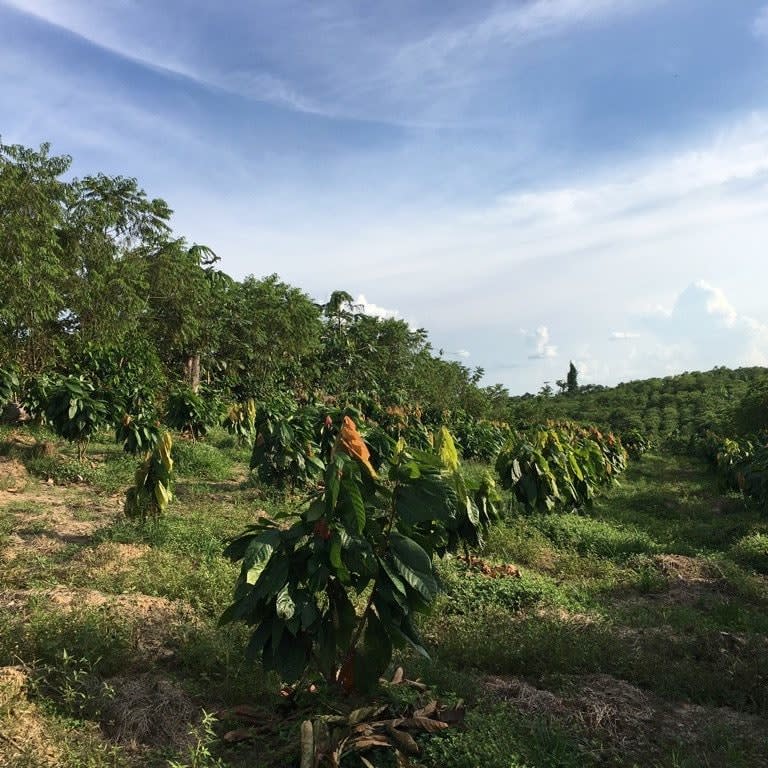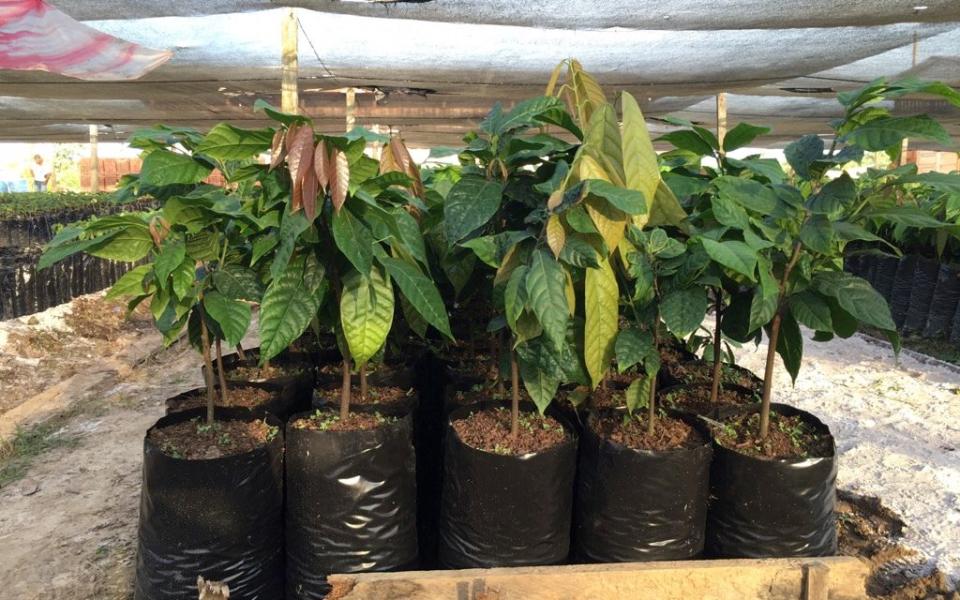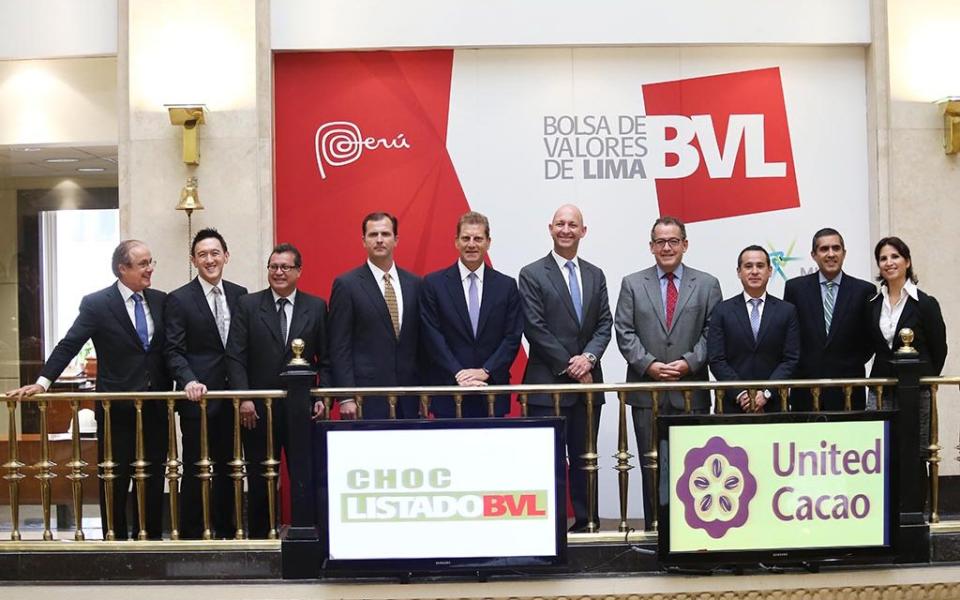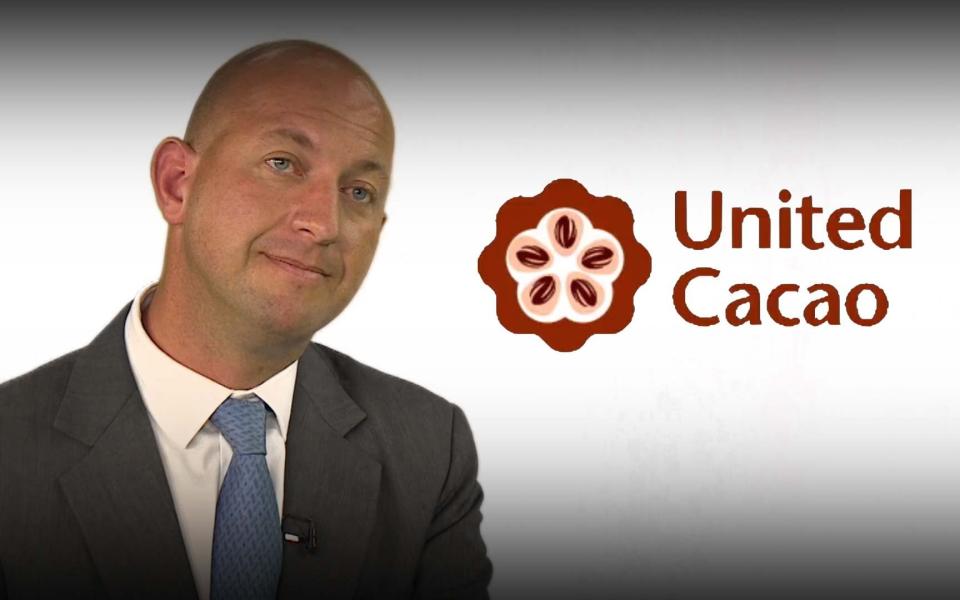United Cacao: the sad tale of when things really go wrong for Aim investors
Four years ago entrepreneur and former investment banker Dennis Melka spied an opportunity in the cocoa market.
The vast majority of the world’s crop, indigenous to South America, was being farmed in West Africa, dominated by small, poor growers. Estates were tired and inefficient and employed what Melka called “horrific labour practices”. Weather was not ideal either: this corner of West Africa is susceptible to drought and disease – cacao trees need lots of rainfall – and is never far from political unrest.
Melka, a former investment banker at Credit Suisse, decided to repatriate production to the homeland of the cacao bean. He targeted the source of the Amazon in Peru, where wetter climes and large-scale corporate cultivation were more favourable. There were also lucrative tax advantages. At the time, Melka called it “the best place on Earth and the lowest-cost location to grow cacao”.
A year later, in 2014, United Cacao floated on London’s Alternative Investment Market (Aim). Melka’s backers were largely high-net worth friends, family offices and former colleagues from his banking years. United Cacao raised £6.4m from the sale of 5m shares, valuing the company at £23m.
“The liquidity and the size of the company was insufficient to get the institutions involved,” says one investor. “We had some small retail investors, Aim punters – but not many – and some small agricultural funds.”
None of the company’s early funders, including Melka, exited their investments in the IPO. In fact, Melka bought an additional $1.4m of stock.
He and his backers had reason to be optimistic. The Czech entrepreneur, who is resident in Singapore, had started other businesses that had paid off handsomely. He co-founded Asian Plantations, which floated at 75p in 2009 and was eventually sold for 220p in October 2014.
Things started out well enough for United Cacao. Land was bought, seedlings were sown. By the summer of 2015, the company had planted 1,150 hectares of cacao trees, up from just 320 hectares when it listed. It was on track to become the largest estate of its kind in Latin America. The first commercial sales were due in 2016.
Unfortunately, things did not go to plan. In fact, United Cacao has ended in disaster. The company ran out of money, its nominated advisor (Nomad) resigned in January and in February it officially de-listed from Aim.
While the circumstances surrounding what went wrong are open to debate, what is clear is that United Cacao’s problems began last summer and centred on a major shareholder dispute.
“I can totally understand if we had been hit with disease or an operational mishap,” says one investor. “Because that was the true risk. What I hadn’t expected was a risk on corporate governance.”
Some investors claim that the flow of communication between Melka and shareholders had tailed off over the summer. They claim they had raised concerns over corporate governance and wanted more transparency, calling for more non-executive directors on the board and the need for the chief executive and chairmanship roles, which Melka assumed, to be split.
“When there were questions, instead of engaging with shareholders, Dennis became withdrawn and defensive and the whole thing unravelled,” says one shareholder. It has also been claimed that Melka, who owns 27pc of the shares, was distracted in spring by court cases related to alleged illegal deforestation as well as by the bankruptcy of his other Peruvian venture, United Oils. He denies these claims.
“Melka was in touch with the shareholders throughout the period,” says one investor. “He appointed the representatives to the board that were wanted and resigned from the board. “I think a certain group of shareholders were trying to take advantage of the situation. They are very difficult people to work with; they couldn’t make decisions and fought among themselves.”
Under pressure, Melka gave up the chairmanship and took up the position of managing director in September. Early backer Constantine Conticas became chairman, while Nicolas Van Broekhoven, another shareholder, and Tim O’Neill became non-executives. But the internal wrangling between Melka, the board and the shareholders came a time when United Cacao desperately needed to raise cash.
Like many early-stage ventures, it was not generating profits or sales and was dependent on fresh capital flowing in. And the rift meant raising this cash, either through a rights issue or bond issuance, was all but impossible, as no one could seem to agree on anything.
In January, the Nomad, Strand Hanson, resigned. It is rare for this happen and not a decision Strand Hanson would have taken lightly. “It was a judgement call,” said one insider. “The Nomad was clearly aware of fractions within the company and had to get involved. And if the Nomad sees fundamental issues that it doesn’t believe can be resolved it has to make a decision.”
A day later, Melka and two other board members left the company. A month later, unable to find a replacement Nomad, the shares were cancelled.
So what happens now? Retail shareholders have no option but to wait and see. The current board, Conticas and non-executive directors Van Broekhoven and O’Neill, are attempting to raise cash to keep the company afloat. So far they have raised $700,000, but this a fraction of what is needed.
United Cacao burns cash fast in its day-to-day operations and has a mountain of debt. It has been scaling back in Peru. But even if United Cacao can find the money it needs to keep going, it is unlikely that shareholders, certainly the original ones, will get their money back.
One shareholder said: “Many investors were good friends and had done well out of Asian Plantations. I had no qualms putting money into United Cacao. Dennis was a good guy and the biggest shame here is the breakdown in relationships."
So is this a warning to ordinary investors about the perils of punting on the Aim market? Yes and no. In its 22 years, the Aim has allowed small growth companies access to funding and raised their profiles, while giving ordinary investors access to companies they might not otherwise been able to gain exposure to. While the investment risks are higher because of the nature of the companies, the potential returns are greater.
While Aim companies have to abide by the same regulatory rules governing main market companies – levels of transparency and disclosure are broadly the same – there are some key differences. When a company is admitted to the Aim, for instance, the process is less prescriptive than on the main market, says Marcus Stuttard, head of Aim at the London Stock Exchange.
“They (the rules) tend to be more principle-based, whereas rules on the main market are more detailed,” he says. “But Aim investors expect and receive the same level of transparency and regulation. If you compared an Aim admission document to a main market prospectus, for example, all main components are there in both.”
The Aim market has also enjoyed proportionally fewer cancellations than the main market over the past six years. Figures from the Financial Conduct Authority show that between 2010 and 2016, just 662 companies had their shares de-listed on the Aim. Some 42pc were de-listed because of insolvency, financial difficulty, the resignation of a Nomad or because shares had been suspended for more than six months.
As for the problems with United Cacao, “sometimes, it’s just a perfect storm”, says one person close to the company, speaking on condition of anonymity. Nevertheless, the trees on United Cacao’s plantations have not stopped growing and the land has not been taken away, so there’s still a glimmer of hope that the business will pull itself together.

 Yahoo Finance
Yahoo Finance 









